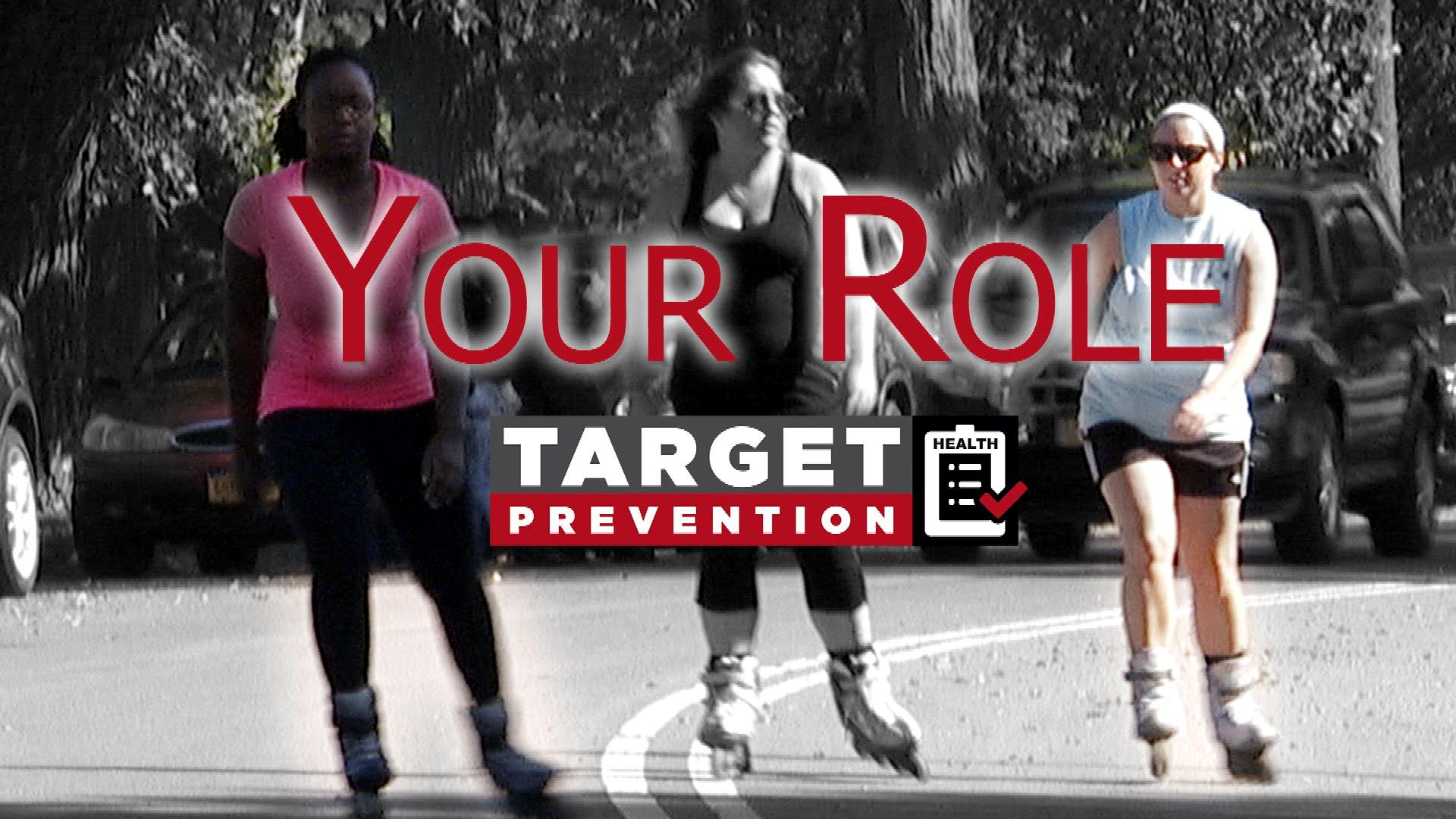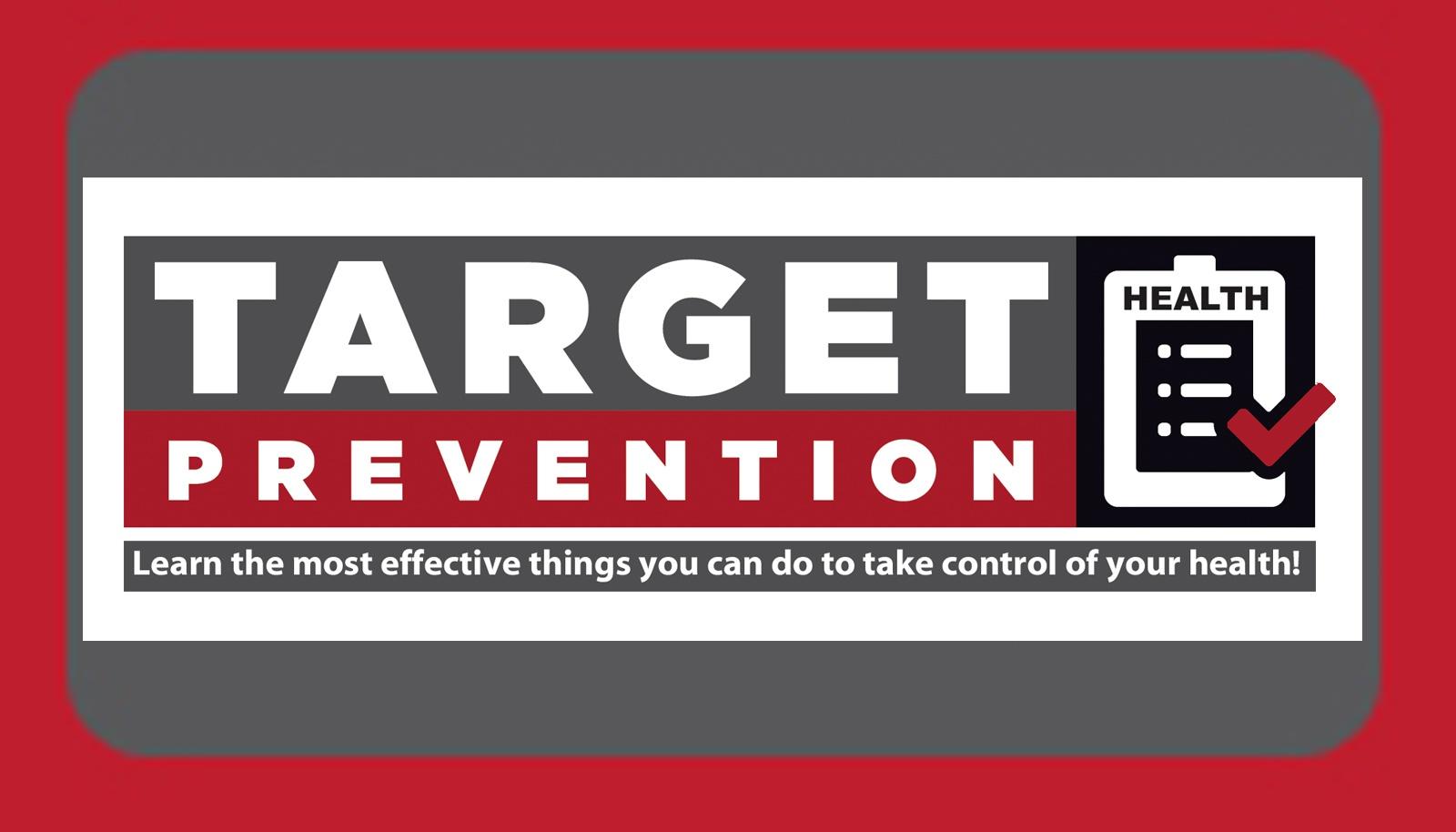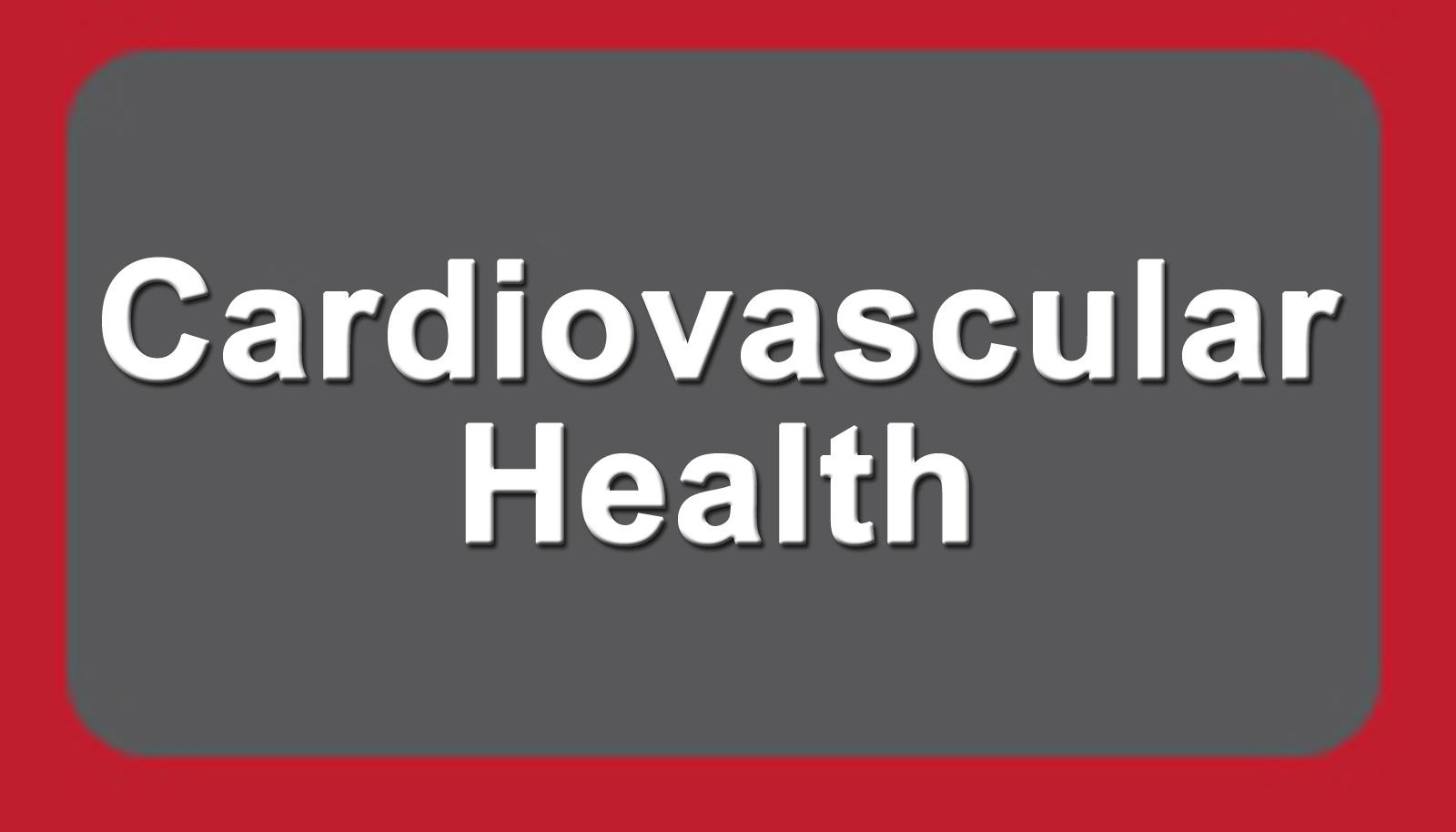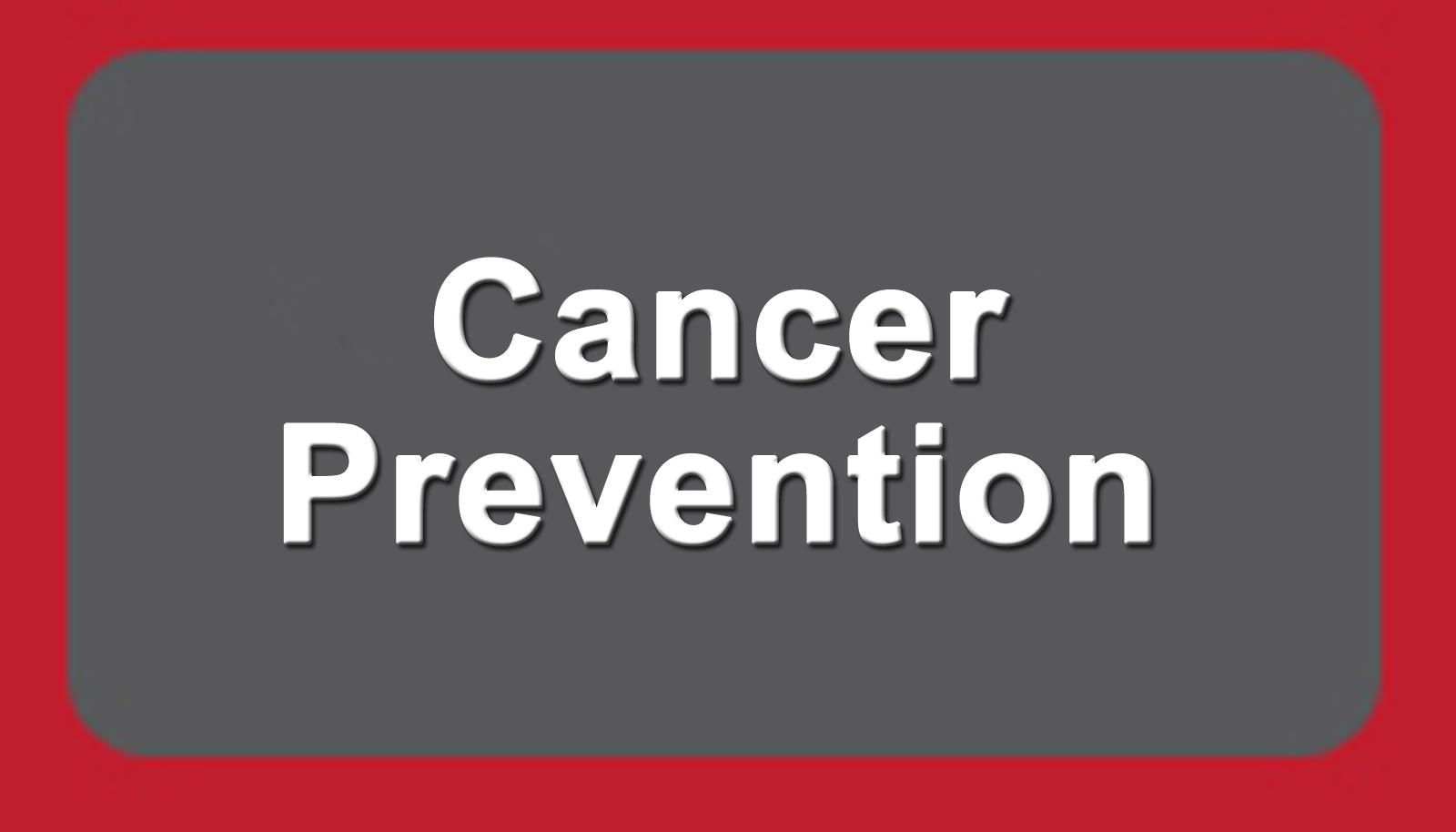
What are the most effective things you can do to take control of your health? The key to staying healthy and preventing disease is lifestyle. Small choices we each make every day really do impact our health.
We’re all dealt a genetic hand of cards, a predisposition to certain diseases we cannot control. For most people, a healthy lifestyle trumps inherited risk--70-80% of disease is determined by lifestyle. Genetics loads the gun, but lifestyle pulls the trigger. Obesity, poor nutrition habits, smoking, lack of exercise or excessive drinking can send people down a path toward premature death despite good longevity genes.
The Basics
Stay at a healthy weight throughout life. One of the best ways to gauge weight is to determine your Body Mass Index (BMI) score, the relationship between your height and weight. A healthy weight should be a BMI below 25.
Be physically active on a regular basis. The recommendation for adult’s calls for at least 150 minutes of moderate intensity or 75 minutes of vigorous intensity activity each week; walking briskly for this period of time is a good starting point.
Make healthy food choices with a focus on plant-based foods. Read food labels and choose foods that are low in fat and
calories, watch portion sizes, stay away from processed foods. Aim for 2 ½ cups of fruits and vegetables, choose whole grains and purchase food grown locally in WNY. Quit smoking and limit Alcohol Intake. Consistency is everything. It’s not a short term sacrifice—it’s small changes that you incorporate into your lifestyle.
You are the captain of the ship, your lifestyle choices are plotting the course. When it comes to health you are the most important person—you have the primary role, your doctor and the health care system play a critical, but secondary role. Focus on working with your primary care provider, get tested and/or screened regularly, ask questions, follow a check list, and know your numbers.
Web resources to help you get started:
Preventive Services Covered Under the Affordable Care Act - U.S. Department of Health and Human Services
Find out which preventive services must be covered without your having to pay a copayment or co-insurance or meet your deductible.
Everyday Healthy Living Quiz - healthfinder.gov
Find tips and suggestions to being and staying healthy.
Watch Your Weight - healthfinder.gov
A healthy diet and physical activity can help you control your weight. Also, check your Body Mass Index here.
MyPlate Daily Checklist - choosemyplate.gov
Want to know the amount of each food group you need daily? Enter your information to find out and receive a customized Daily Food Plan.
Nutrition Facts Label - Food and Drug Administration
The more familiar you are with nutrition label information, the more you’ll want to use it daily to ensure you’re eating a healthy, balanced diet.
Get Active! - healthfinder.gov
Regular physical activity is good for your health. Learn all the benefits, tips and activities.
Tips for Increasing Physical Activity
Make physical activity a regular part of the day.
Drink Alcohol Only in Moderation - healthfinder.gov
If you choose to drink, have only a moderate (limited) amount. Learn what the right amount is for you.
Quit Smoking - healthfinder.gov
Quitting smoking is one of the most important things you can do for your health. The sooner you quit, the sooner your body can start to heal.
My Life Check - The American Heart Association
Any person can make these changes, the steps are not expensive to take and even modest improvements to your health will make a big difference.
Dr. Fuad Sheriff from Amherst Medical Associates stresses the critical health numbers everyone should know. The key to staying healthy and preventing disease is in your hands.
Dr. Joseph Corigliano from Buffalo Medical Group explains how lifestyle choices can have an effect on our health. When it comes to your health, you are the most important person--you have the primary role, your doctor and the health care system play a critical but secondary role.




